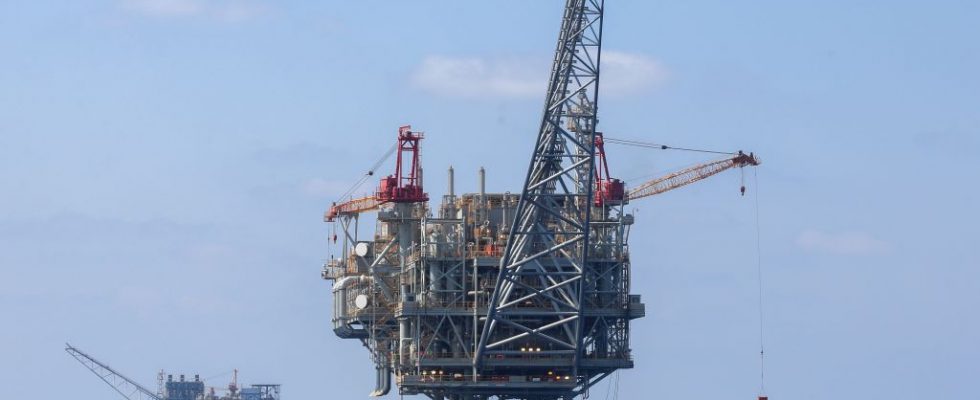The prime source of energy in Israel is Natural Gas. Natural Gas in Israel is mainly utilized for the production of electricity, and for a range of other industries. Nevertheless, both oil & gas in Israel carries significant importance in terms of consumption.
The production of Natural gas in Israel began in 2004, from the offshore gas fields. In between the years 2005 to 2012, the Arish-Ashkelon pipeline was used for importing gas into Israel from Egypt. Later during the 2011 – 2014 Egyptian crisis, this gas pipeline was terminated.
As of the year 2014, the Israeli natural gas conglomerate Delek Drilling, has been producing more than 7.5 billion cubic meters of natural gas every year. Currently, there are proven reserves of around 199 billion cubic meters as they have been confirmed at the beginning of the year 2016.

There was a time when Israel depended on other countries for the import of gas and oil. Today, it carries a lot of capacity to becoming independent. This is because a big portion of Israel’s economy is now relying on the natural gas reserves of Israel itself. It is for the very first time that Israel is becoming a major energy exporter, which has created a lot of potential for big profits along with diplomatic benefits. After all, this is bound to improve the relations of Israel with the neighboring countries.
The most important offshore field in Israel is the Leviathan gas field. This gas field is situated about 80 miles away from the coast of Israel, over 5000 feet deep water.
The second most important gas field is the Tamar field. Production of natural gas from this field began in 2013, during March. It has been estimated that around 11.2 trillion cubic feet worth of Natural gas is present in the Tamar field. At the same time, there are about 14.6 million barrels of the condensate. These estimations mean that there is an increase of about 13% in comparison to the estimates made previously.
In the case of oil, Israel gained a major benefit upon signing a peace agreement with its neighbor Egypt. A part of this agreement was a full right over the Alma oil field that is situated in the Southern part of Sinai. This field showed Israel a great potential of becoming independent in terms of energy.
Where Israel is not the significant producer of oil in the region, it is the largest consumer in the eastern Mediterranean region. There are a number of small amounts of refined products that are exported by Israel. The domestic production, however, is virtually nonexistent. 99 percent of the oil demand in Israel is currently met through imported oil.
In the year 2016, during May, it was discovered that there is an oil reservoir that contains about 7 – 11 million barrels worth of oil in the Dead Sea.

